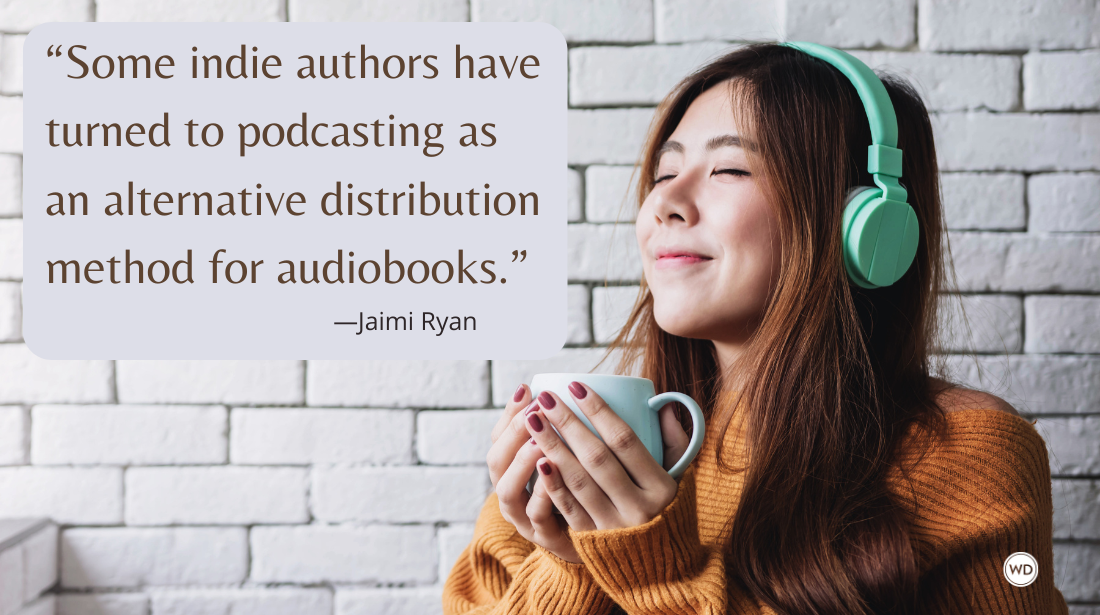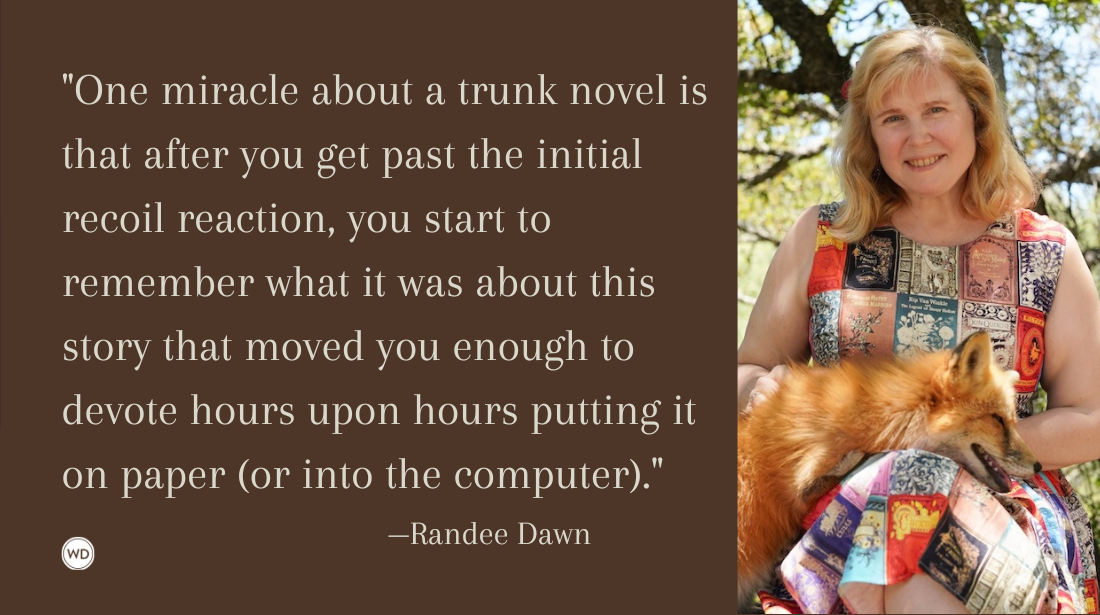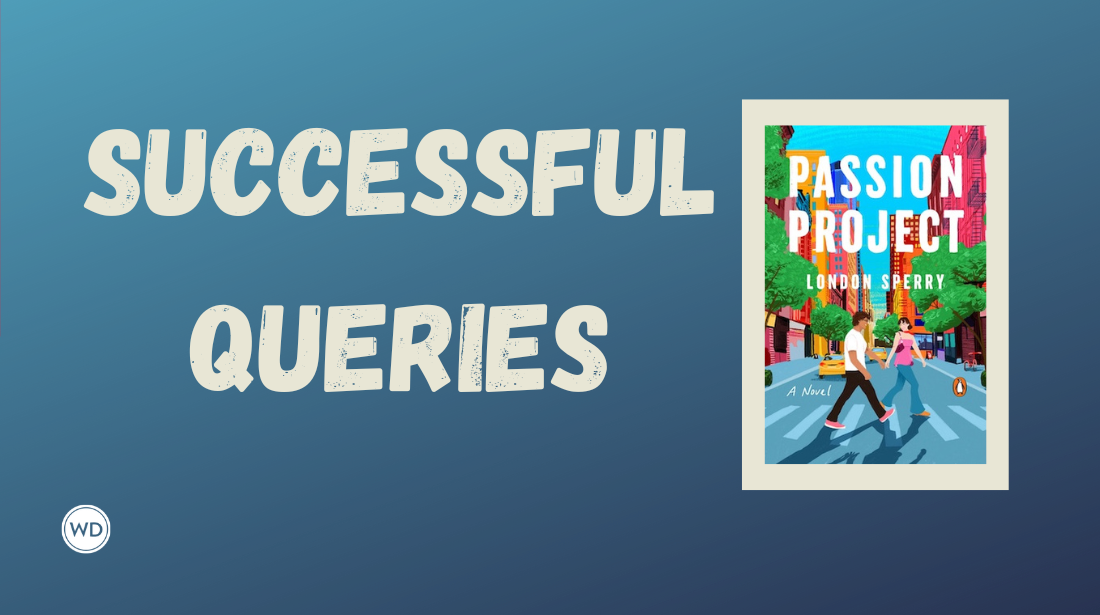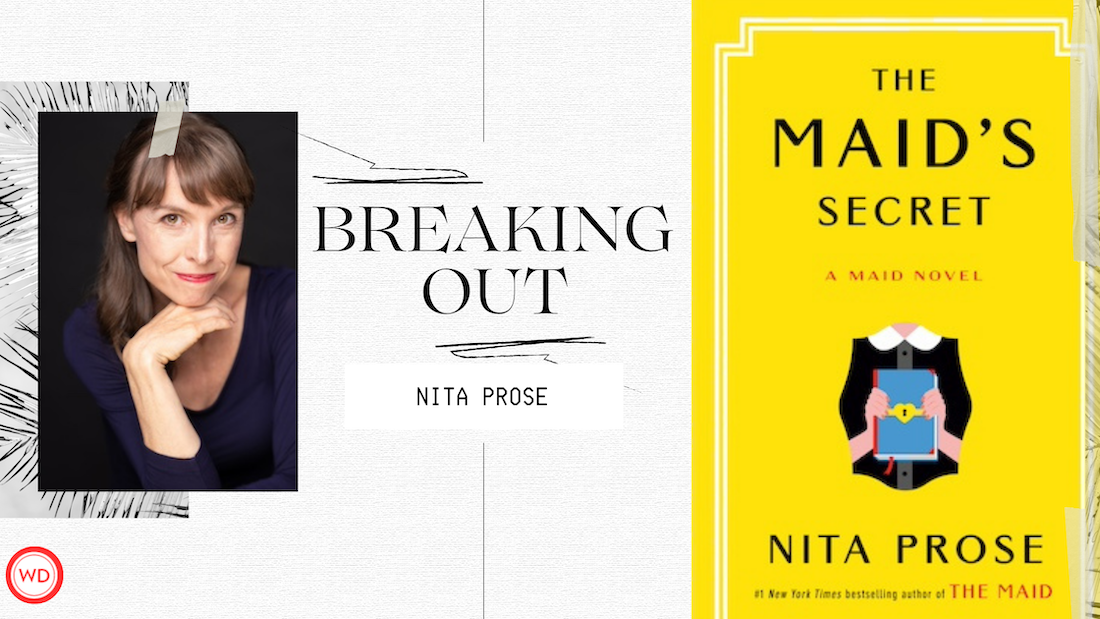3 Things I Learned From the Best Self-Published Books This Past Year
WD competition judge AJ Wells shares what was different, unique, and special about this year’s best self-published books.
The competition for the past year's Writer's Digest Self-Published Book Awards was as great as I've seen. The number of inventive, creative stories abound, to rise to the top of such a large competition is difficult any year, and yet I couldn’t help but think about what made the award winners rise above this time. Building upon my lessons in "5 Tips on Writing a Standout Self-Published Book From Someone Who's Read Hundreds of Them" which regarded years past, these are three things I learned from the best self-published books of this past year's competition.
1. The award winners were "different."
"Different" as in I couldn't find their story anywhere else. In such a thick competition, the high number of books that read similar can be a little surprising—surprising, as in there are even more than you would have already expected. It's common to come across books written in ways similar (plot or style, perhaps both) to Tolkien, Rowling, etc. Books about whacky middle schools, dogs, forbidden lovers, are also frequent. That being said, it was important for the winners to stand out.
In a strictly commercial setting, one wouldn't dare invest in a product that's just like an already established product unless the product brought something new to the table. The award winners this year worked within a vein of established literature yet wrote their stories in a way that allowed a fresh perspective. In essence, they found a gap in the literary world, and as soon as I picked up their novel, I knew that no matter how hard I looked, I would never be able to find a book like theirs.
That's not to say that they reinvented Young Adult Fiction or defined the genre category all on their own, but their books had a courageous flavor or spin.
Just like when I said that I preferred a risk-taking self-published novel over one that plays it safe, I imagine that budding authors will find my lesson in writing a novel that's "different" as reassurance that they should write the wildest, most outrageous novel possible. While I don't blame writers for wanting to do that, I do think there is something to be said for understanding your limits and recognizing where the reader is no longer willing to suspend disbelief. The winners of this year's competition noticeably stuck to their guns and focused upon telling a brilliant story in tangible ways. Which brings me to my next observation…
2. They didn't bite off more than they could chew.
Another way of expressing this is to say that the award winners didn't reach too much. As an example, none of the winners that I reviewed used multiple perspectives. The reason probably being that using multiple perspectives is extremely difficult to do well. Unless the different characters can actually add layers and depth to the plot, you're often better off sticking close to one point of view and developing an incredibly empathetic connection as opposed to stopping a storyline mid-stream to add another character's activities.
The winners also came across very well polished. That might seem rudimentary to say, but there's something to be said for an independent author taking the time to thoroughly edit their book until each sentence is freshly and crisply told. In my recent series on the business of self-publishing, I advocate for writing as many books as possible as a way to develop an audience. That doesn't seem to go hand-in-hand with editing a novel until "every word floats from the lips naturally," as Alice Friman, Pushcart Prize winner and former Georgia Author of the Year in poetry, told me recently as the goal of editing. And yet, that was a major reason for why these award-winning novels stood apart—each author clearly took the time to make their novel gorgeous.
There's a lot to be said for putting together a novel that's not a reach or "chewable." As opposed to trying to prove a complex plot makes sense, the author can focus on concepts like vivid descriptions, consistent tones, natural pacing, and more. Also, developing a tangible novel meant these authors didn't have to overstep to get their point across, which meant…
3. They were able to trust their readers.
Trusting their readers allowed these award-winning novels to speak in subtle ways. I can understand the desire to spell out every intense moment and overshare the reasons for why a secondary character does the things he does—but if you're doing so because the audience might not catch your drift, you've miscalculated elsewhere. Think of this like when your friend tells a joke at the table and before even letting you laugh, she's already explaining the joke as if you're not smart enough to understand the humor. Kind of offensive, right? So please recognize, your readers are smart! Possibly even more important, they love feeling smart.
Much of this has to do with how well an author understands their intended reader. Recognize whom your book is written for and how you need to write in such a way that will connect and resonate with that particular audience.
As an example, these award winners weren't melodramatic in any way. They allowed the emotional depth to be felt, as opposed to heard. Strong moments were strong because the author had set them up piece by piece and allowed the reader to enjoy the culmination of a journey. There wasn't any spelling out or oversharing, just genuine plot points and trust that the reader was picking up on the important aspects.
Part of this has to do with not only trusting your reader but trusting yourself as a talented author. You must know and have faith that the plot you've created is going to wow the audience.
Whether you're putting the final touches to the 80th edit of your novel that comes out soon, or you've been trying to convince yourself for the past couple of years that your novel has what it takes for this competition, I want to see your work. Submissions open in the spring, and I'm ready as ever to enjoy your book.
In the meantime, do yourself a favor and read the winners of the category you're thinking about. They're truly outstanding. Congratulations to them all.
AJ Wells holds a literature and creative writing MA from Auburn University. He was also a visiting graduate student at the Iowa Writers' Workshop. He earned his BA from The College of the Holy Cross where he double majored in English and classics and minored in rhetoric. He currently lives in his hometown Buena Vista, Georgia.








